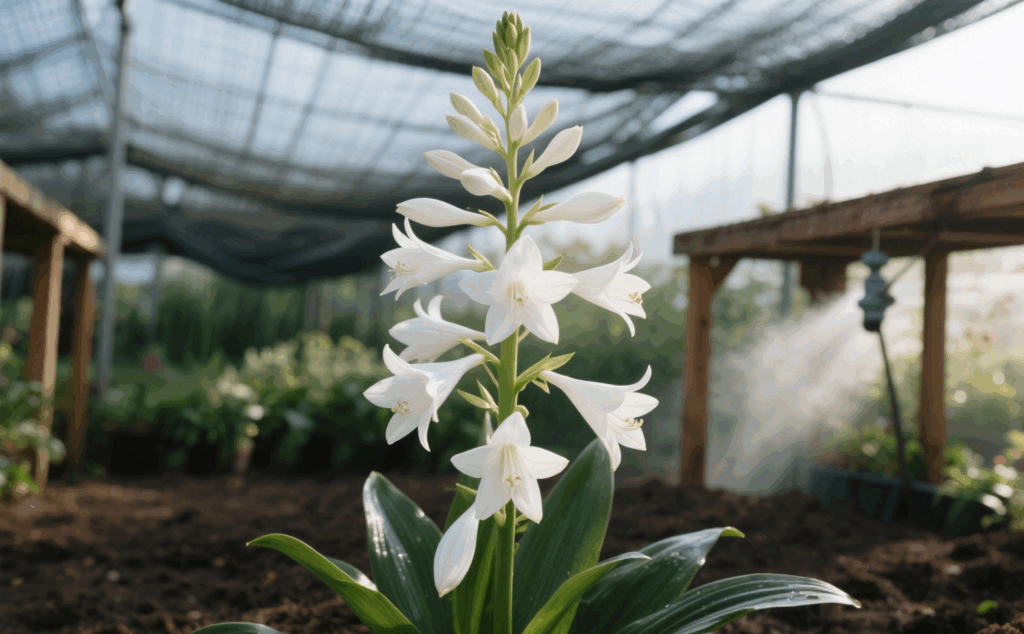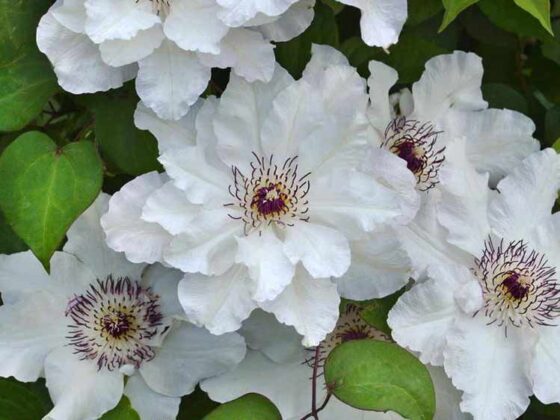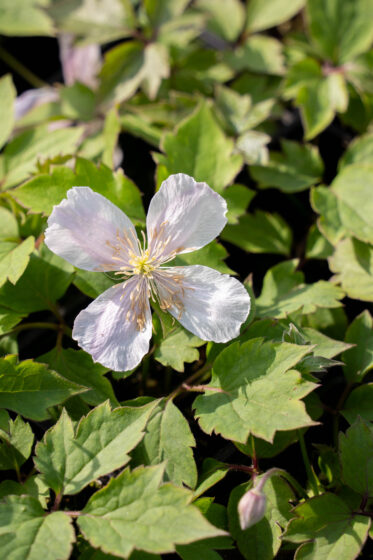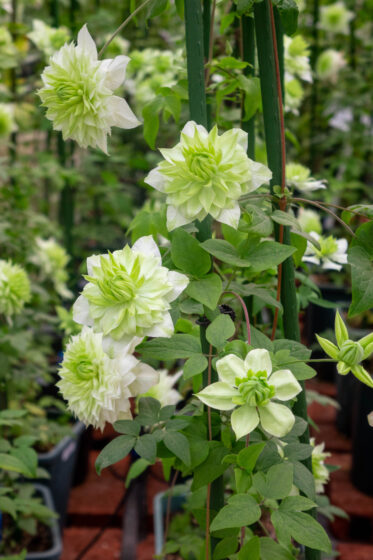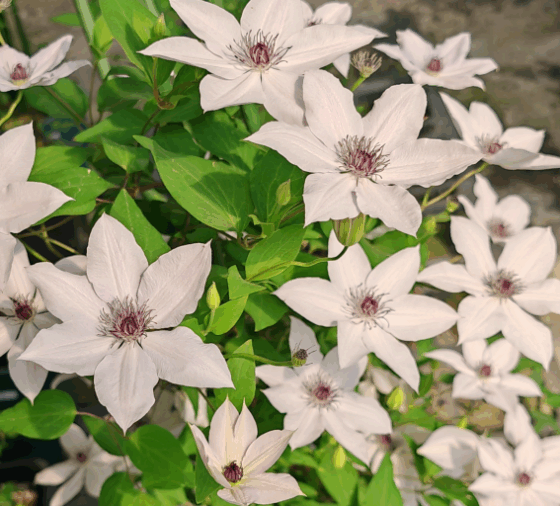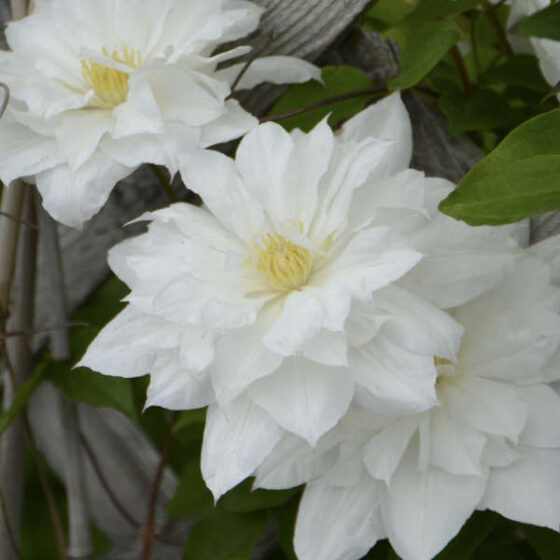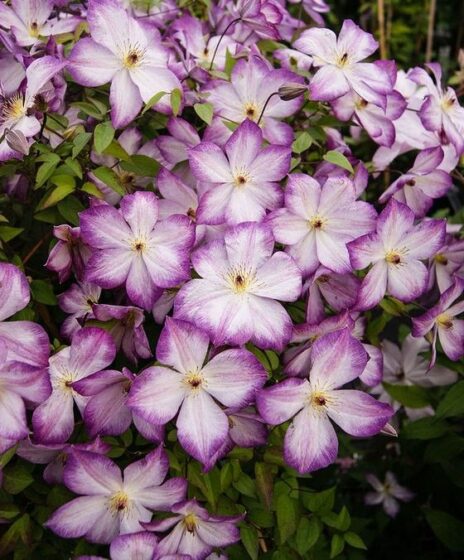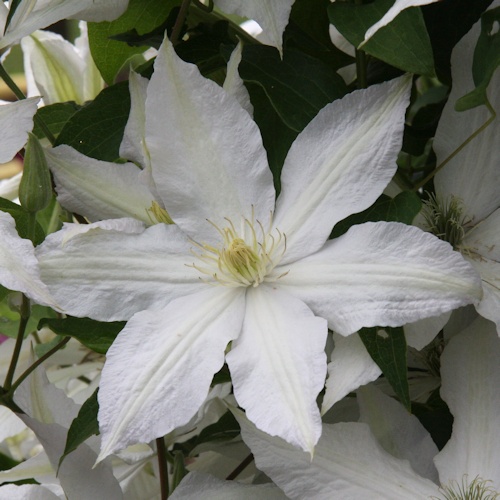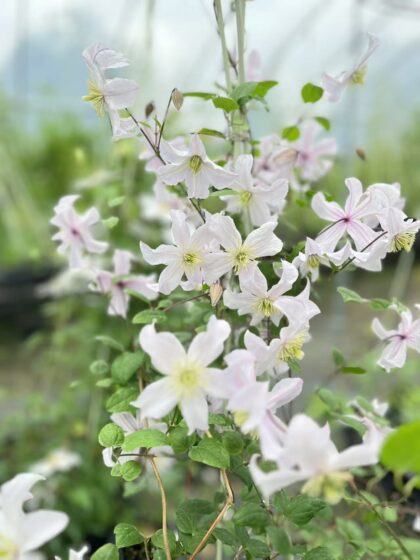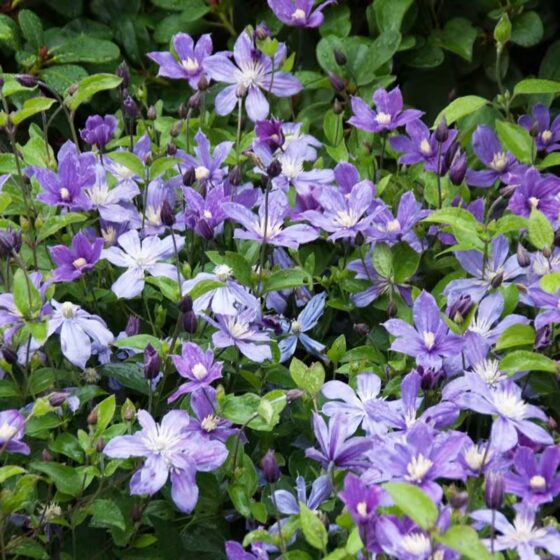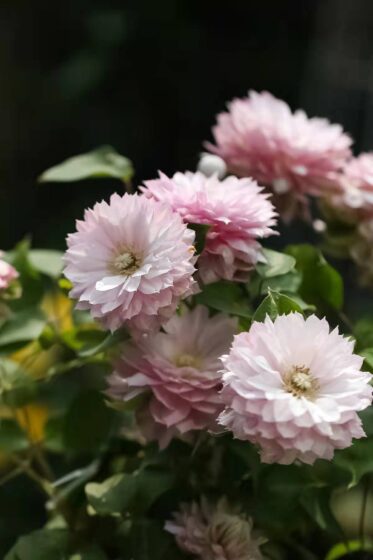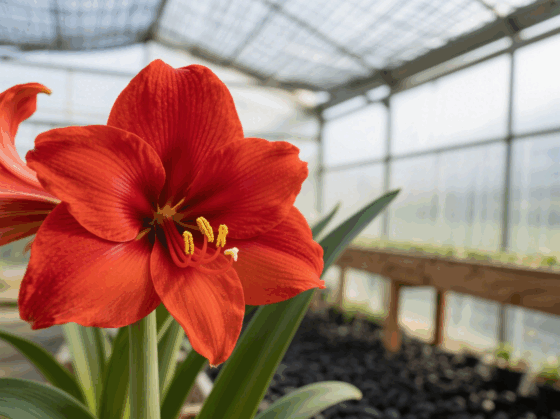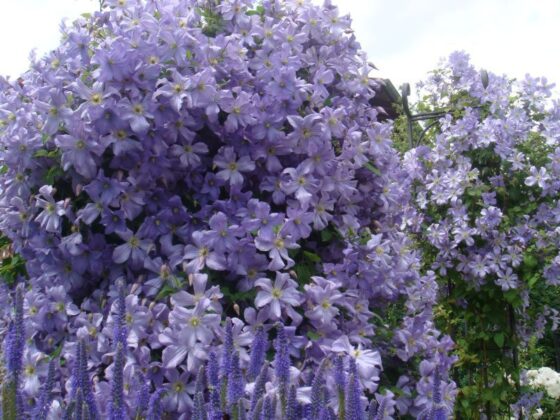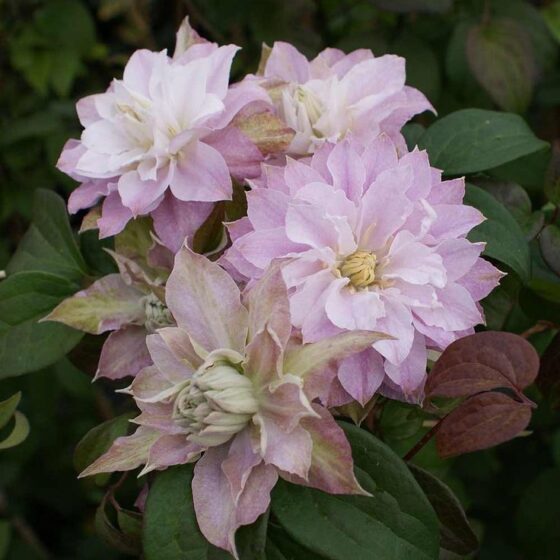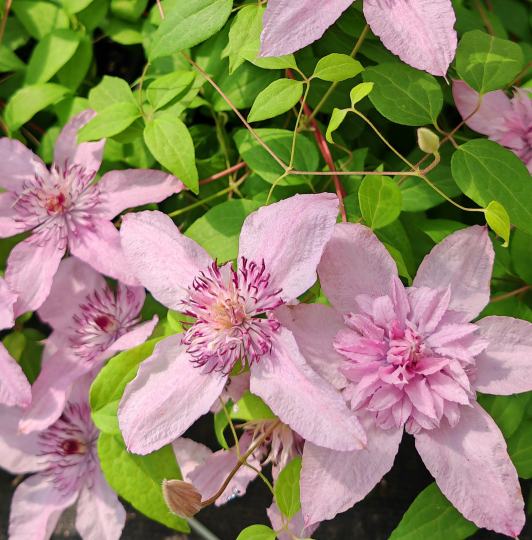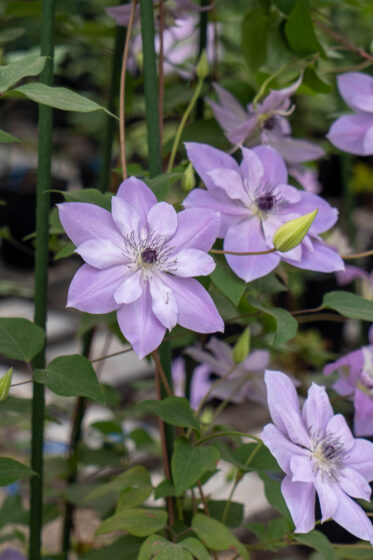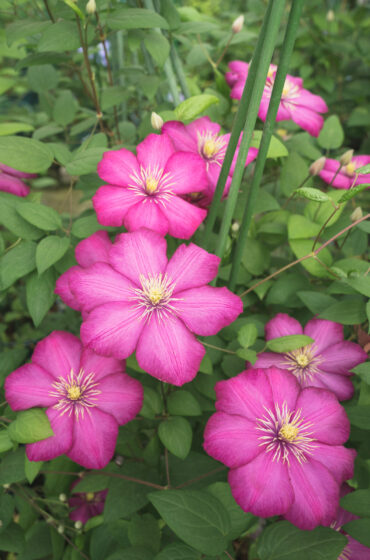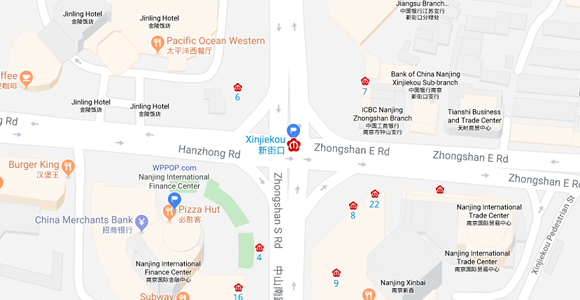Taxonomy & Morphology:
A perennial rhizomatous herb in the Asparagaceae family, Hosta plantaginea exhibits:
-
Foliage: Basal clusters of ovate-cordate to orbicular leaves
-
Inflorescence: Scapes 40–80 cm tall bearing 10–20 flowers
-
Flowers:
-
Solitary or 2–3 clustered
-
10–13 cm long, pure white, intensely fragrant
-
-
Fruit: Triangular-cylindrical capsule
-
Phenology: Flowers and fruits August–October
-
Etymology: 中国名 “玉簪” (jade hairpin) derives from the blossom’s resemblance to traditional hair ornaments
Distribution & Cultivation:
-
Native Range: 中国 (Sichuan to Guangdong) and Japan; widely cultivated in Europe/North America
-
Growth Requirements:
-
Light: Shade-adapted (foliage yellows in direct sun)
-
Soil: Fertile, moist sandy loam
-
Hardiness: Cold-tolerant (survives winters in most Chinese regions)
-
-
Propagation: Primarily division; seed possible
Ethnobotanical Significance:
-
Traditional Medicine (Bencao Gangmu Shiyi):
-
Roots: Sweet-bland, slightly cold-natured
-
Applications: Reduces swelling, detoxifies, stops bleeding
-
-
Landscape Use:
-
Classic shade garden specimen for:
• Woodland groundcover
• North-facing rockeries/building foundations
• Waterside or stone accent plantings -
Valued in Chinese gardens for elegant form and nocturnal fragrance
-

